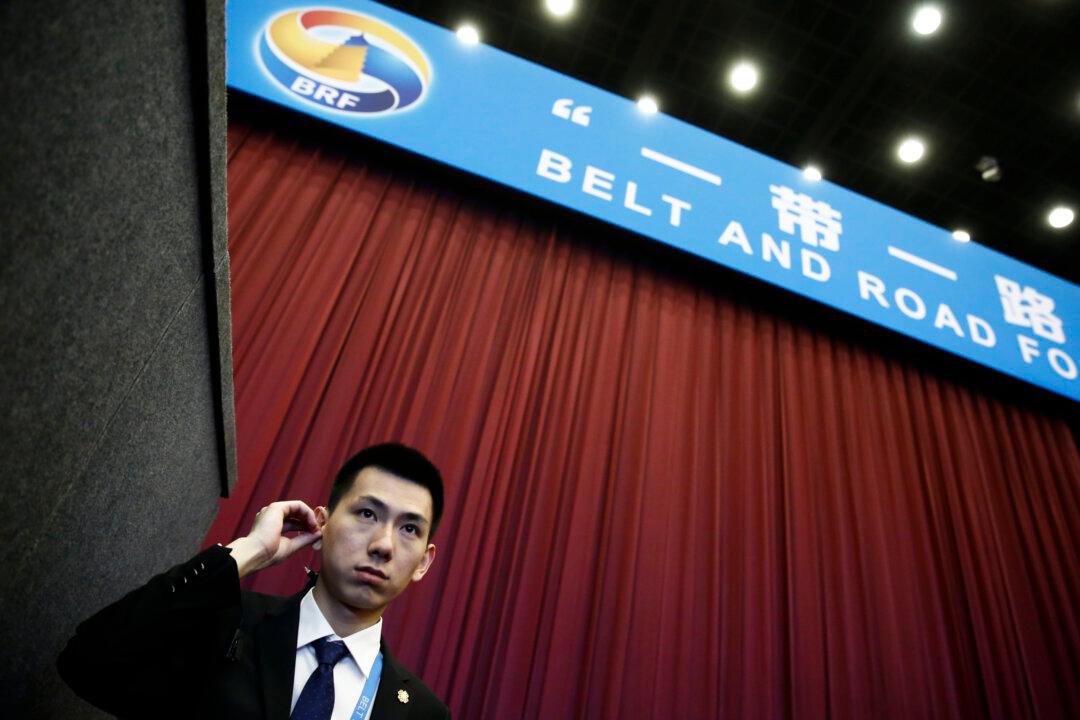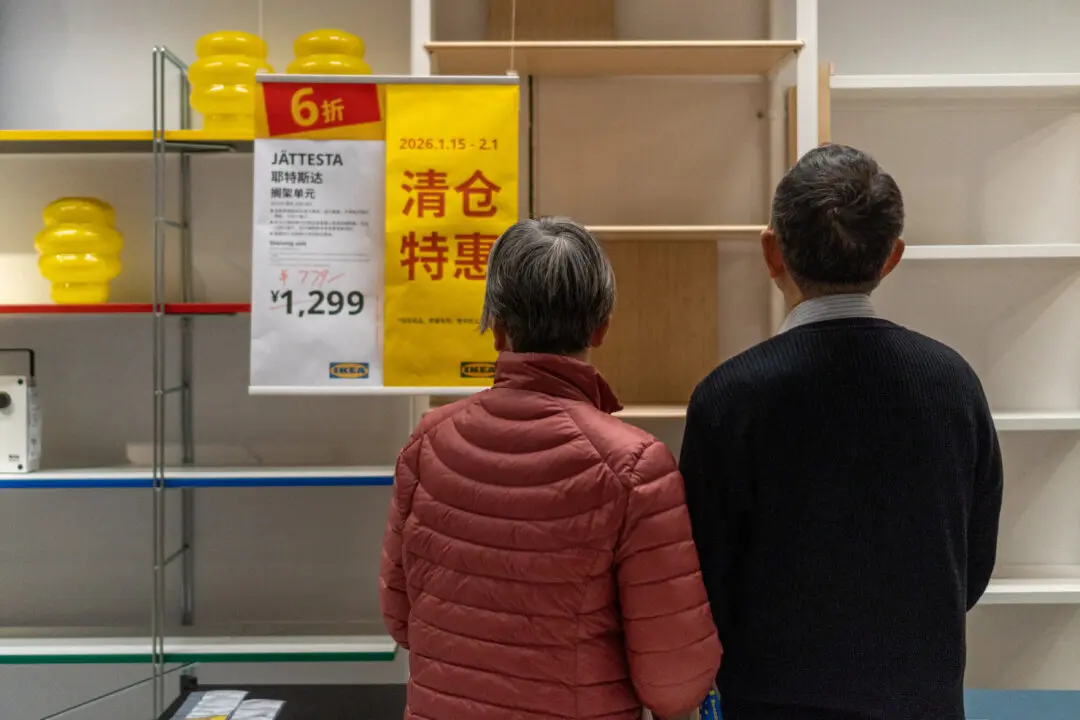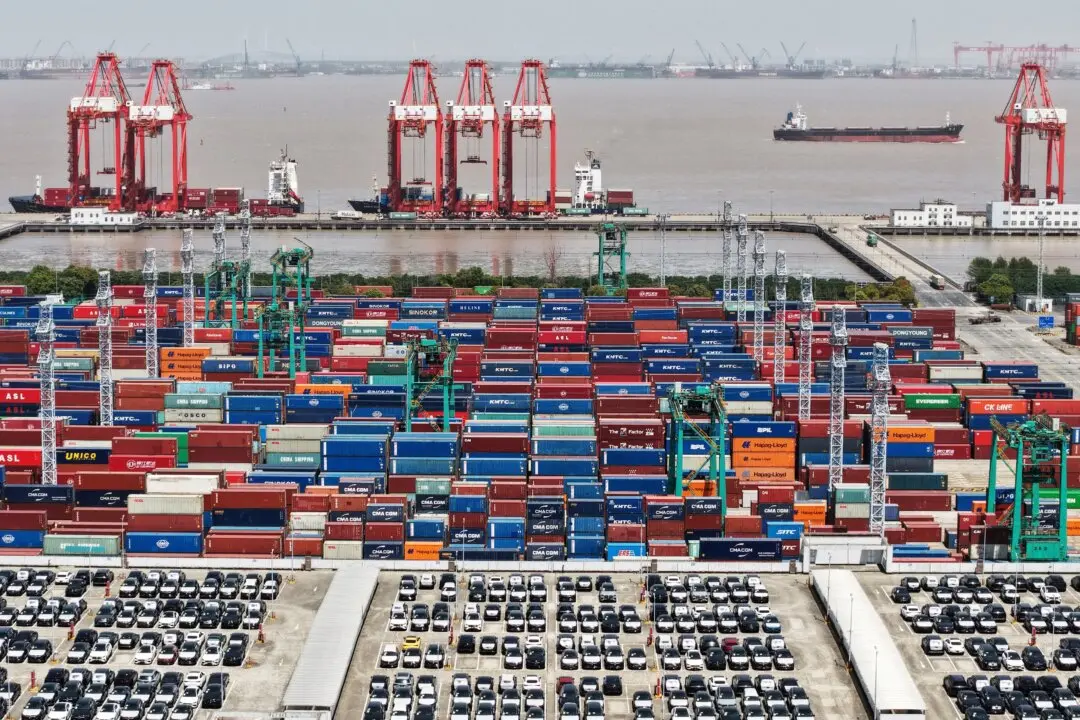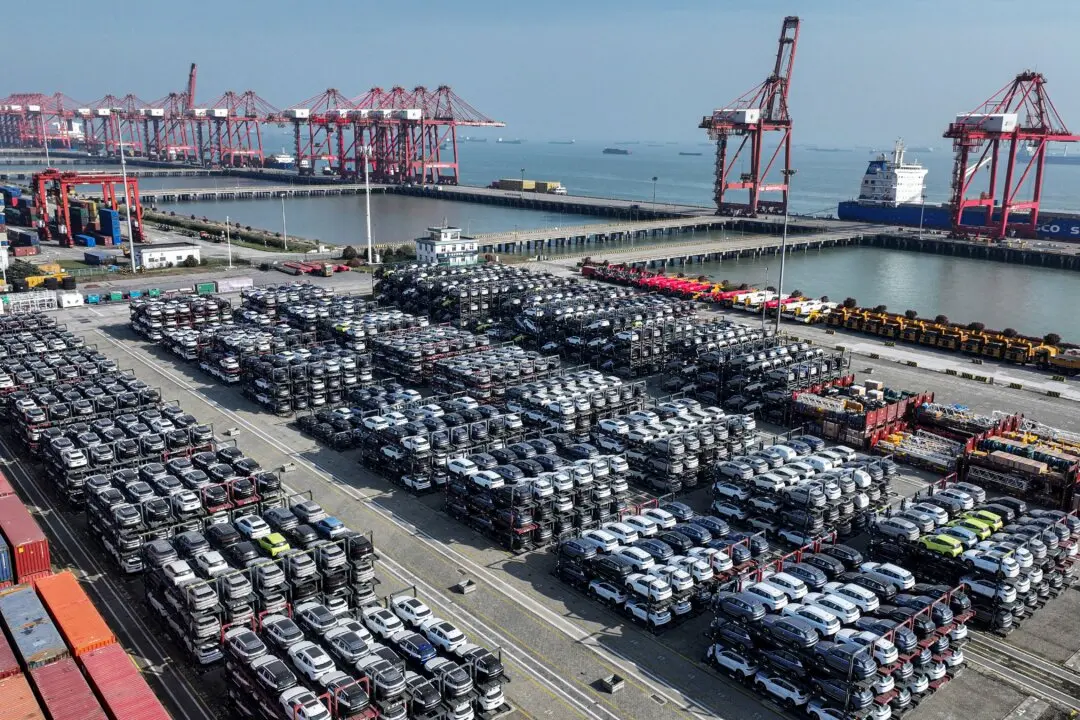Commentary
Recognizing how its Belt and Road Initiative (BRI) has weakened, Beijing took the occasion of this year’s summit to press something of a makeover. However, while Chinese leader Xi Jinping spoke glowingly of the future, he effectively described the same arrangements that have long prevailed: China would provide less developed nations with financing and skills to build needed infrastructure and manage the projects once completed.





